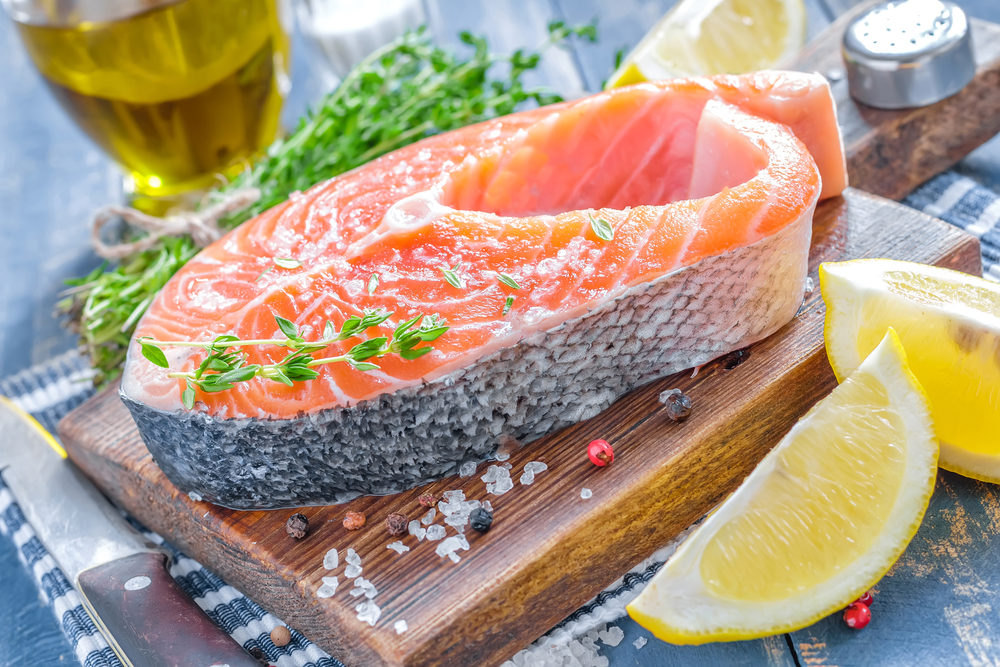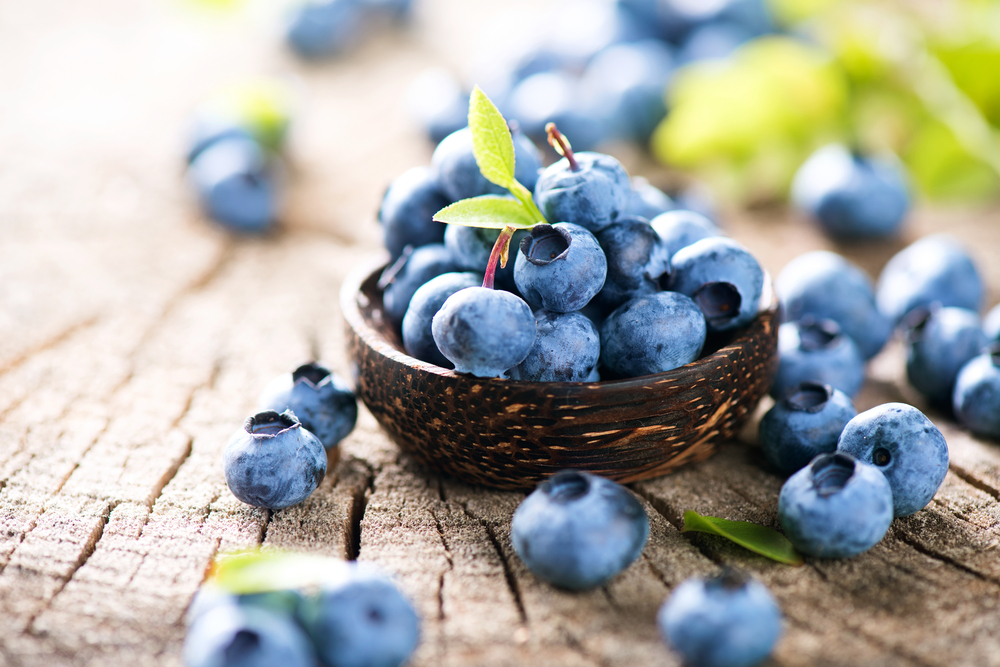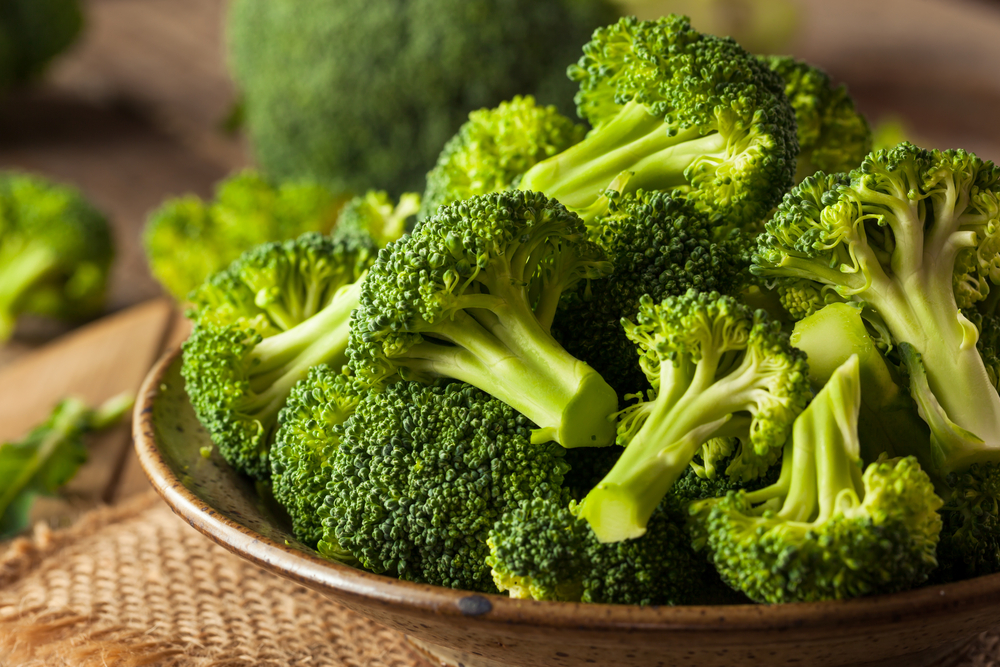During exam season, a teenager’s brain is stretched to its absolute limits. And yet, it’s often the time it feels woolly and frazzled – the loss of focus throughout the day can be the result of lack of sleep, fatigue, anxiety – or a typical teenager cocktail of all of the above.
But help is at hand! There’s plenty you can do to help – see our post on Surviving Exam Season for some ace ideas for the whole family. And do take a good look at their diet – there’s plenty of natural ways to give their brains a little boost just when they need it…

Oily Fish – help promote healthy brain function
Essential fatty acids cannot be made by the body – we need to eat them. Pumpkin seeds and walnuts are good plant sources, and some teens are keen on these for snacks. But what makes oily fish so good is that they contain the active forms of essential fatty acids, in a ready-made form, which enables the body to use it easily. The best sources are salmon, trout, mackerel, herring, sardines, pilchards and kippers; and there’s usually one in that list that you can coerce a teen into eating, whether you make kippers for breakfast, sardines on toast for lunch or a salmon pasta dish for dinner.
Blueberries – help boost short-term memory
Tufts University in the US ran research which concluded that suggests that blueberries help improve short term memory loss. Delicious to eat, obviously, and really easy to get hold of at this time of year (actually all dark red/purple fruit and veg contain the same protective chemical called anthocyanins)

Blackcurrants – help reduce anxiety and stress
The magical cure-all Vitamin C has long been thought to increase mental agility, but now interesting studies have shown that vitamin C is probably useful in managing anxiety and stress. One of the best sources of vitamin C is blackcurrants (but you’re also good with red peppers, citrus fruits and weirdly broccoli)
Broccoli – help improve brainpower
Broccoli is great source of vitamin K, which is known to enhance cognitive function and improve brainpower. Researchers have reported that because broccoli is high in compounds called glucosinolates, it can slow the breakdown of the neurotransmitter, acetylcholine, which we need for the central nervous system to perform properly and to keep our brains and our memories sharp. Low levels of acetylcholine are associated with Alzheimer’s.

Wholegrains – help improve concentration and focus
Like everything else, your brain needs energy! To concentrate and focus you need a steady supply of energy – sugary highs and crashing lows are no good for steady concerted effort. Wholegrains release energy slowly into the bloodstream, keeping you mentally alert for hours. Opt for ‘brown’ wholegrain bread, rice and pasta.
And a cheaty supplement – Ginkgo Biloba
A lot of recent research has focused on natural focus booster herbs like Gingko Biloba, the leaf of the ginkgo tree, which is native to China. Ginkgo works as a focus booster by improving oxygen flow to the brain – even a slight lack of circulation can affect its performance.
Recent research studies both in the US and in Europe have found the regular use of Ginkgo Biloba Supplements as part of a healthy diet and regular exercise can help improve overall memory recall and brain reaction performance in healthy individuals. Taking relatively small doses of ginkgo on a regular basis has been shown to improve thinking skills in young to middle aged individuals. Ginkgo has been shown to significantly improve memory recall and speed of mental processing in individuals who show no signs of memory loss.

